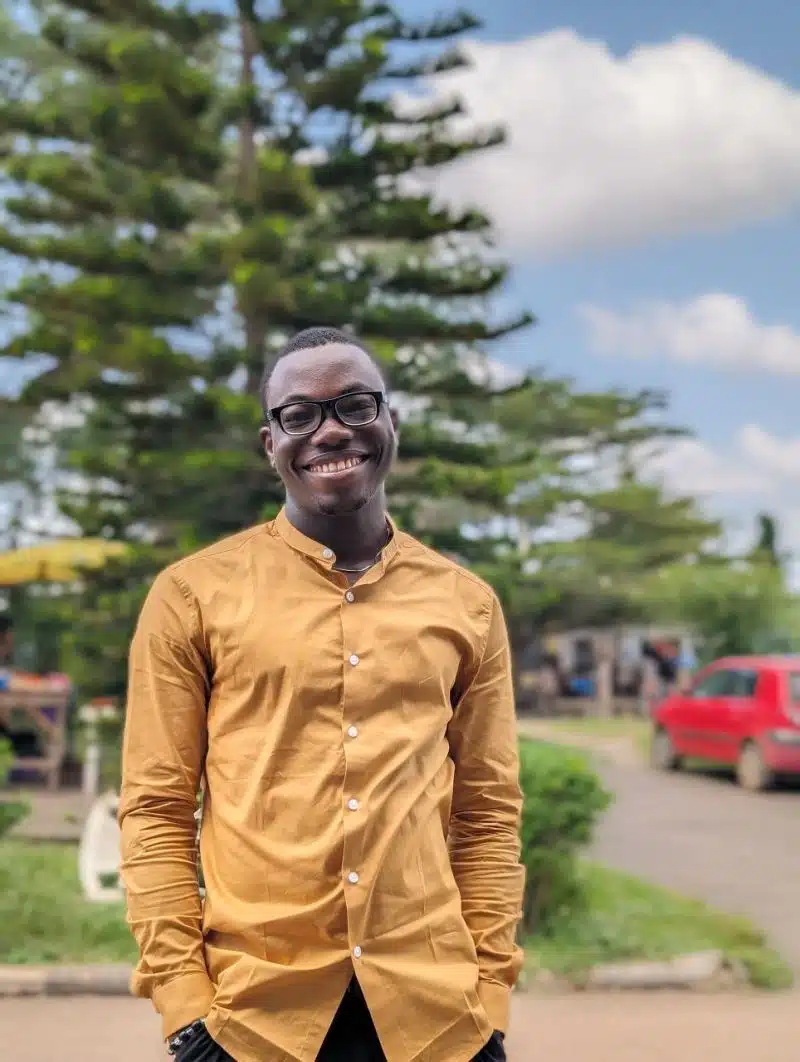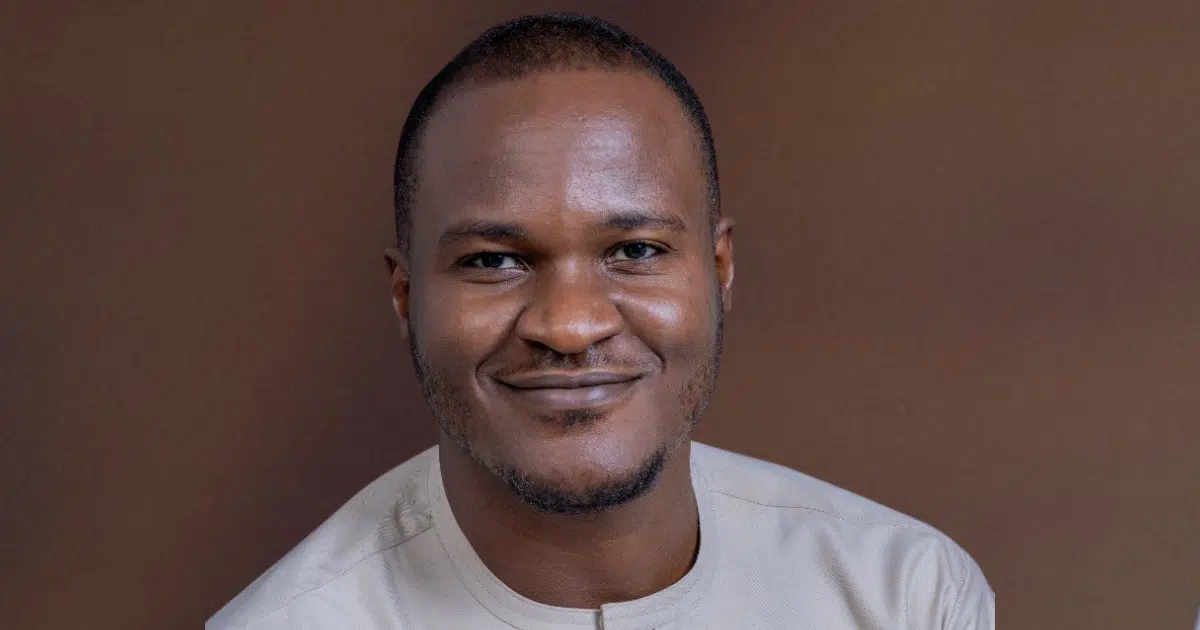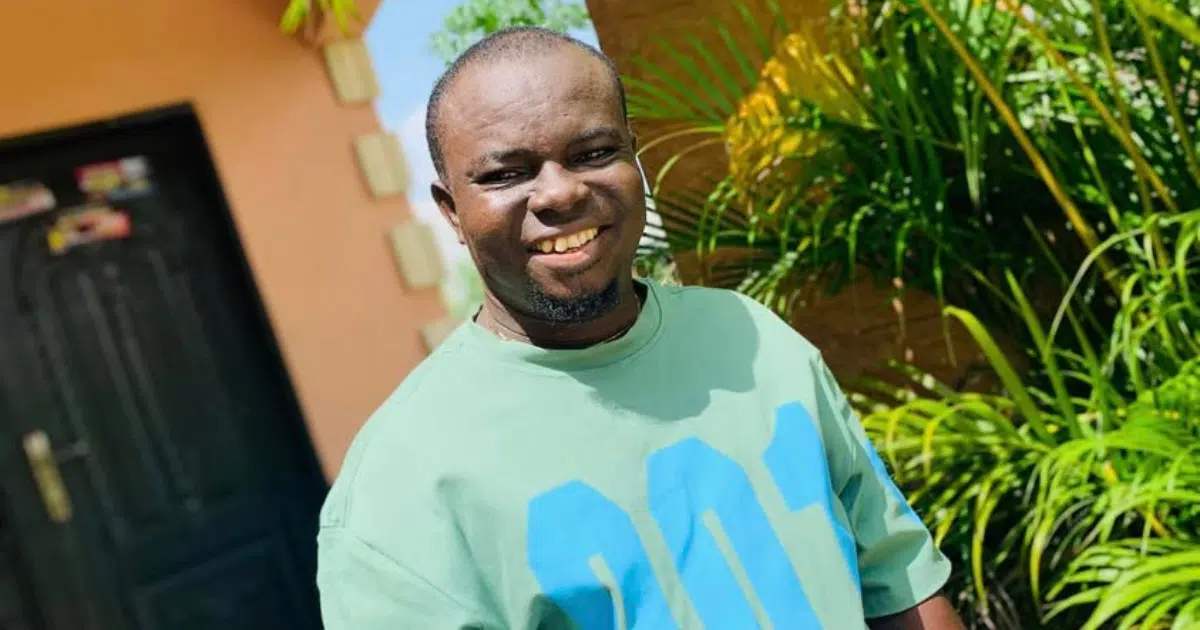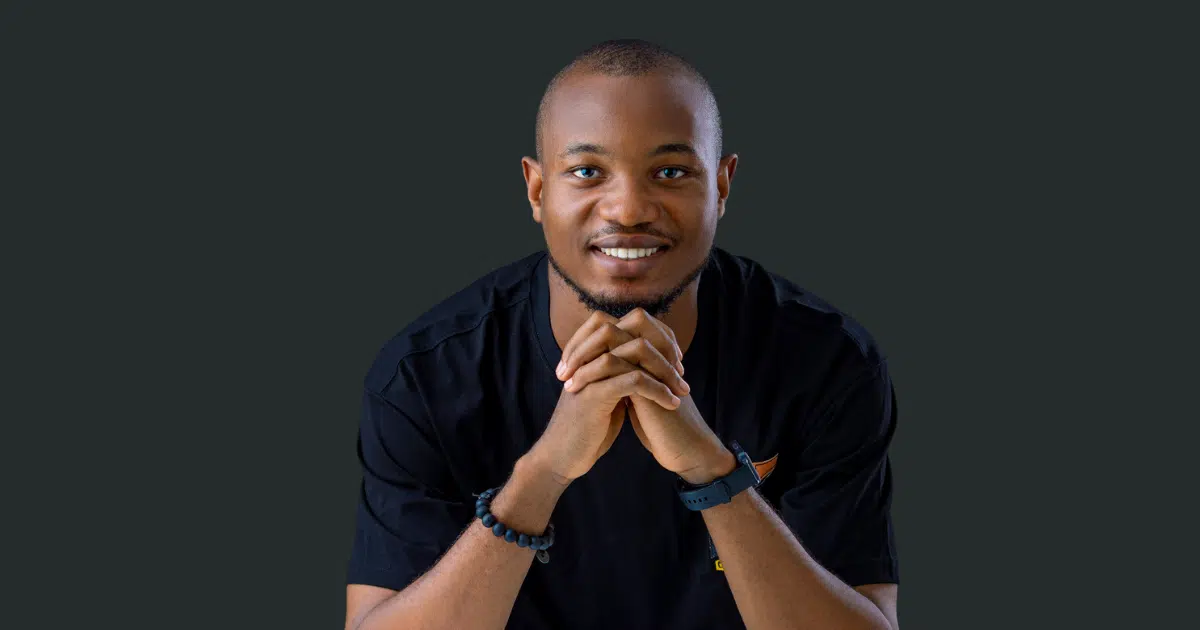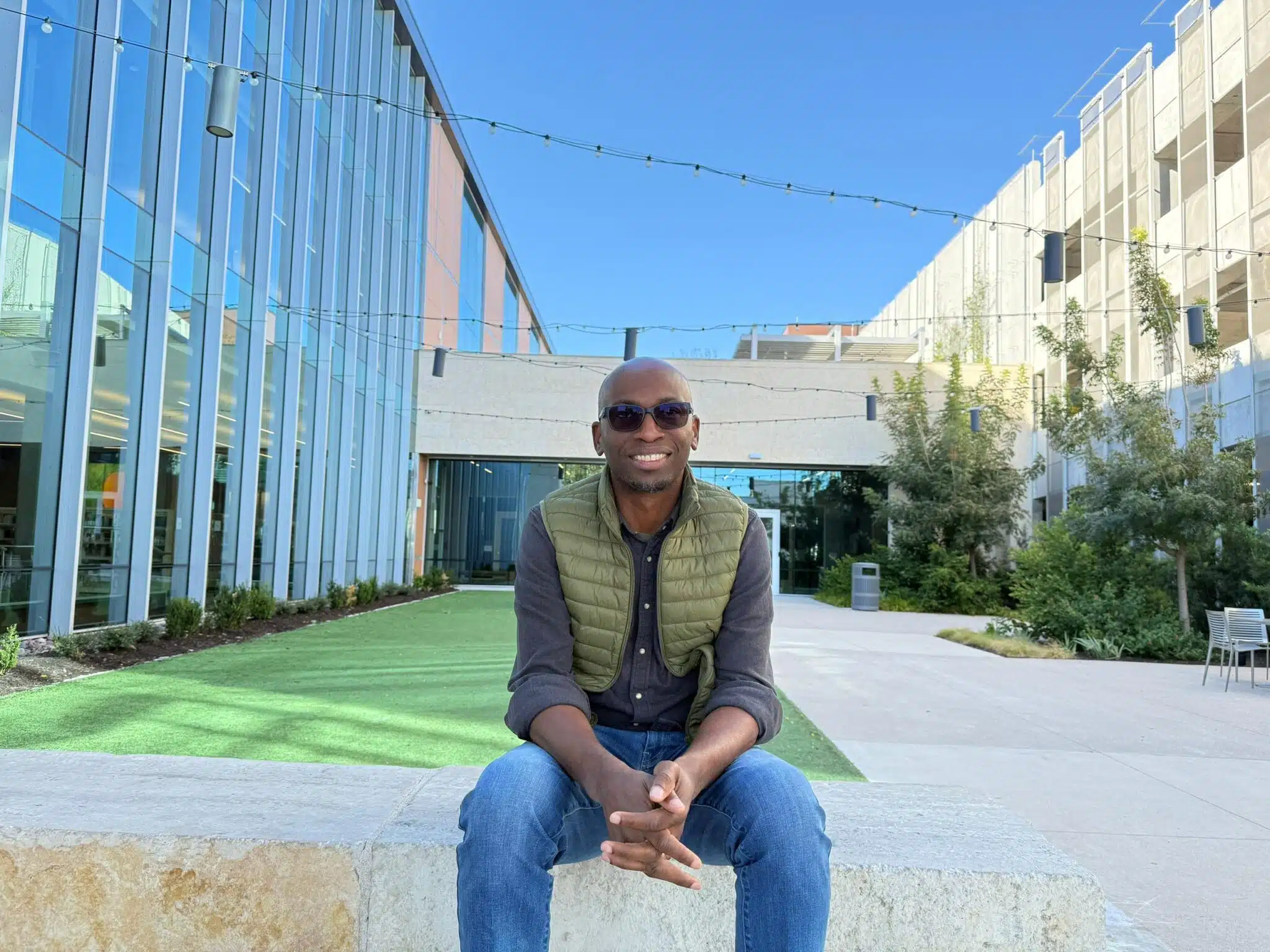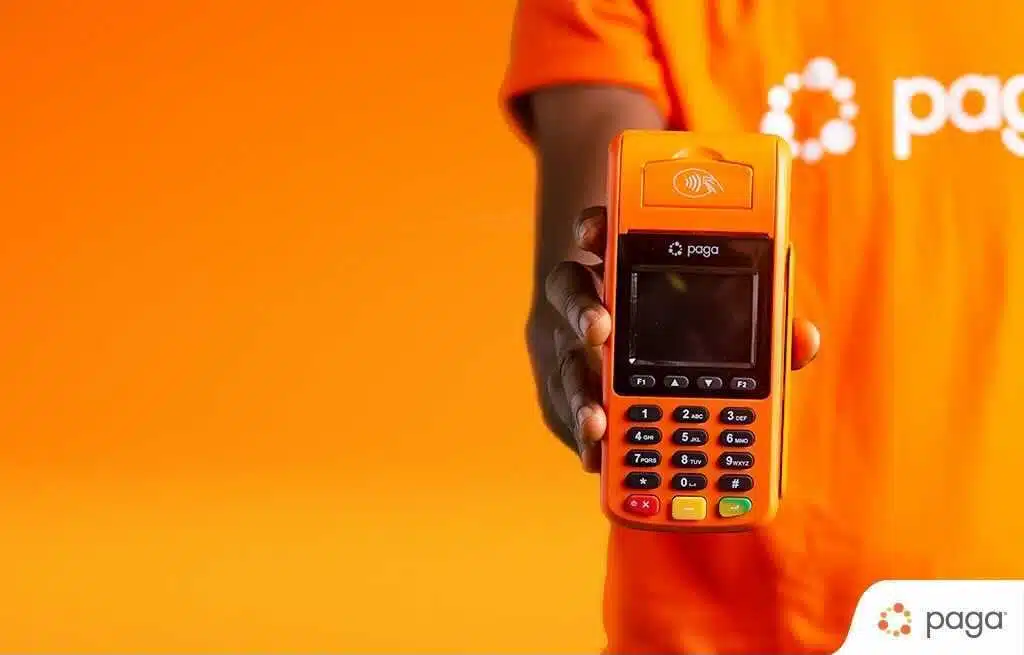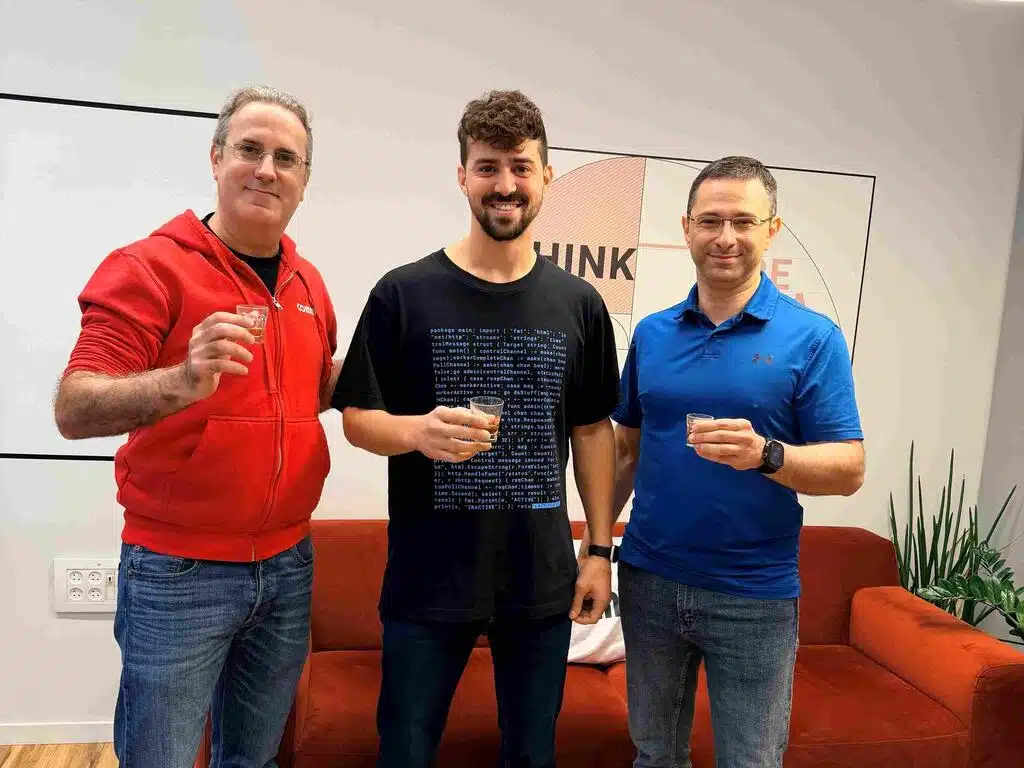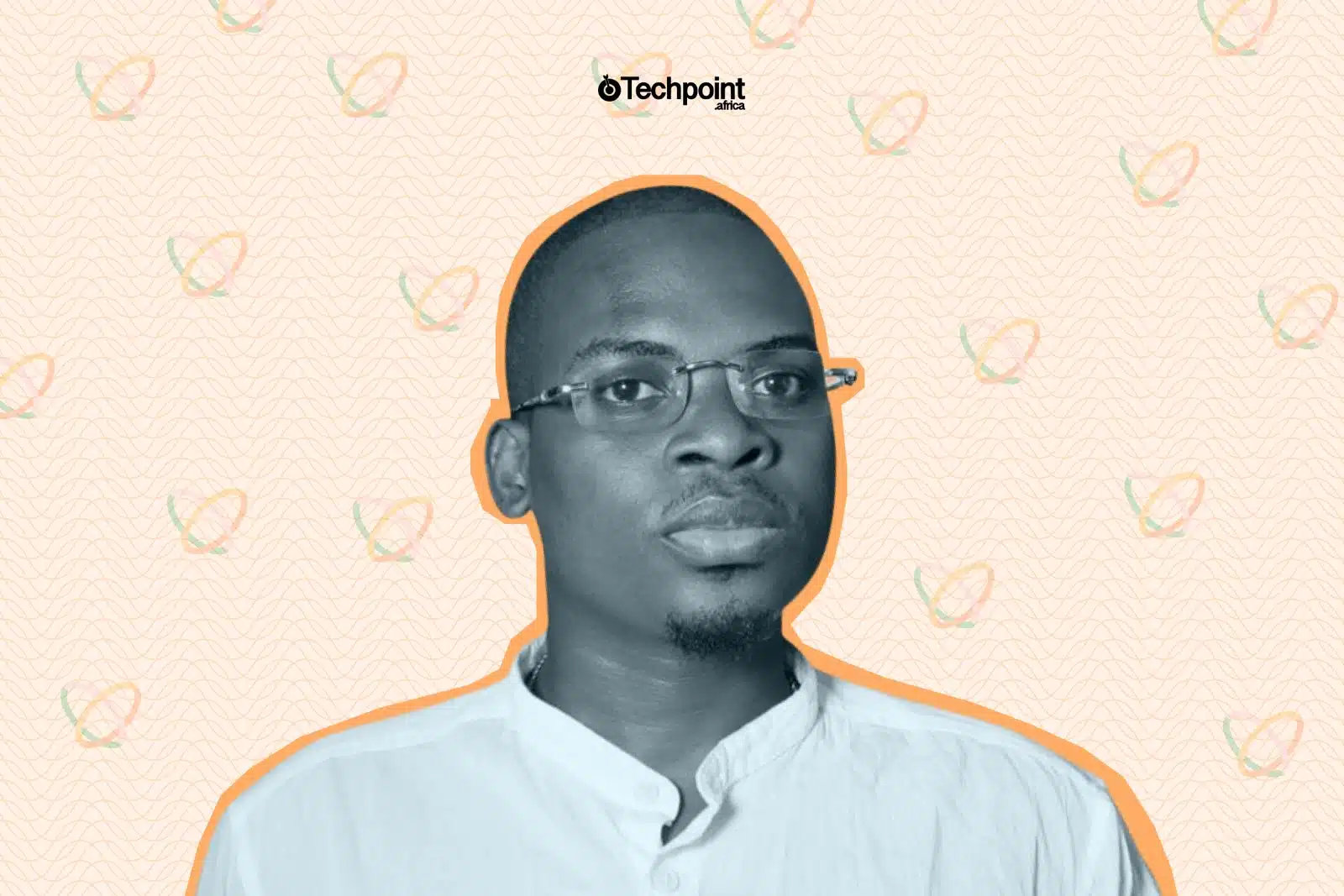Opeyimika Aremu, a final-year student at the University of Ibadan, believes in the power of the Internet.
That has been the foundation of everything he’s pursued. After several attempts to drop out of the university, he’s leveraging the opportunities and skills he’s built through the Internet. With a generalist mindset and a medical degree, Aremu hopes to continue providing solutions to overlooked problems.
In this edition of After Hours, he shares his journey from writing to building AI solutions.
The Internet: A whole new world
I believe in the power of the Internet; that has always been my drive.
I got my first Internet-connected phone after writing post-UTME, just before I resumed medical school at the University of Ibadan. But in that short period between exams and resumption, I discovered so much online that I started to tell myself I didn’t want to study medicine anymore.
At the time, what I really wanted to do was writing. I had been following Bamidele Onibadusi, who was a writer then. His articles, which I read a lot at about 16, detailed his life for three years and how he had made money off the Internet. That inspired me.
That became my dream, but my parents didn’t see it that way. To them, it felt like village people at work. I had not started studying medicine yet, and I was already talking about quitting? Definitely village people.
They did not agree, so I resumed school, but the seed had been planted.
Experimenting, volunteering, learning
I’ve had a lot of experience working.

Victoria Fakiya – Senior Writer
Techpoint Digest
Stop struggling to find your tech career path
Discover in-demand tech skills and build a standout portfolio in this FREE 5-day email course
By the time I resumed, I tried to find my way around, learning from people ahead of me. It gave me a lot of experience. In 200 level, I volunteered with a social enterprise in school where we solved problems in our local communities.
Around that same time, I joined the press and interned with the Nigerian Tribune in 2019. With all these experiences, one thing that always stood out was the power of the Internet; it’s unstoppable.
I was also influenced by a lot of things I listened to and, well, still listen to. My ears are always on podcasts like “How I Built This” or “The Founders.” And these kinds of things are not really common for people my age or in my class.
By 2020, during the COVID-19 pandemic, I discovered coding, and then I was seriously considering dropping out of school again to study computer science, this time at the African Leadership University in Rwanda. That didn’t work, because I couldn’t get the backing of my parents.
Some of my close friends actually dropped out after our first medical board exams to build a startup. I wanted to as well, too. But I hadn’t yet proven to myself that I could do hard things, so I held back but was thinking of ways to prove that worth to myself.
Going against your degree was hard, especially since I was still a student. I tried coding; I sucked at it, but I kept trying.
In 2022, I attended the Open Source Festival with a classmate, and from there, things sped up. I took on the 100 days of coding challenge, which earned me a scholarship at ALX, coincidentally owned by the same founder of ALU, the university I once wanted to attend.
From then on, I explored everything. I started graphic designing, learnt marketing, and even applied for several online certifications. I’m always driven by my curiosity, and I like having a generalist mind.
The bottom line was, I knew that I just needed two or three years of real grinding to see good results. I consciously put myself out on the Internet, so there was no way it wouldn’t pay off. Like I said, the Internet is unstoppable.
An average student’s hack
As a student, time is never really yours. And since I wasn’t always actively reading, I had to survive on short-term memory for most of my school tests and exams. Apart from the usual taking notes during clinical runs, there’s not much reading really going on.
I usually spend the night before a test reading. Thanks to coding, I have mastered the act of staying up for long hours.
The interesting thing is, I don’t typically fail. In my school, for example, a lot of people don’t typically get 90 or 80 on a test. Almost everybody would be about the average 50-60.
So while I try my best to commit to it, I don’t necessarily fail. If there’s a test, I can take out maybe three days to actively study for it, but this lifestyle comes with chaos and being comfortable in that chaos. Although, it sort of builds your muscle when it comes to working under pressure.
Surviving with AI
Medical school is chaos. One course can have up to 20,000 slides or 400+ pages of material, yet you’re tested in a six-hour exam.
As a paid ChatGPT subscriber, I use it to condense voluminous materials into bit points. I also use Gemini; I can feed it three topics and get to revise them in 4-6 hours because it breaks them down into like two or three sentences per heading.
It’ll draft and answer questions that would usually take time to figure out and even walk you through the process.
What I usually do is to upload lecture slides, documents with questions, and pictures, and it would go through and provide answers from the textbooks and documents uploaded.
Before that, we had to rely on YouTubers who may have a long tutorial on a course. Even then, there’s no time to cover it.
Tech in school
There’s usually a lagging period between the time the decision is made to learn a tech skill and the time it makes sense to the person learning and even to your family. Sometimes when learning a technical skill, it is also difficult to convince oneself that this is worth it.
For example, last year, I applied to speak at DevFest at Ogbomosho, and one unintended effect was that medical students from other schools attended, and we had a relatable session.
As medical students, we sometimes spend up to 6 or 7 years trying to get a degree, and unless you’ve really found joy in a new skill or gotten a big financial reward, there’s the likelihood of trying to pursue your field while struggling to make sense of a skill.
Which is why I and others started a community called the UCH Tech Society for those starting out in tech. I don’t want these people to feel left out as they start their tech careers. They should have a community to hold on to.
For me, the communities on X (formerly Twitter) made my journey into tech easier. I had communities I had to report to every 5 AM to show what I had done the previous night or what project I was working on.
I had to learn with online sources, as physical training was very expensive and my parents were not in support of my tech journey. During school, I had to work as a freelance software and AI engineer.
Building with a generalist mindset
Currently, I’m floating a healthcare agency of my own to help healthcare startups with healthcare solutions.
We’ve built an AI-powered product that summarises any medical topic or disease input in a mind-map format, making it easy to learn and remember. Also, we’ve built an AI-powered product that turns your laboratory results into a clear, multi-paged summary.
Right now, we’re building a product that follows up with patients after assessments and consultations through SMS and reminders.
With the advancement of technology, it has made it easier to do both careers. One interesting thing is that a lot of CEOs in Nigeria’s healthcare startups do not even have a medical degree. They may do business administration.
I think my generalist skills have helped me in scaling. Having a bit of design skill, marketing knowledge and then engineering makes it easier to handle things in the agency.

